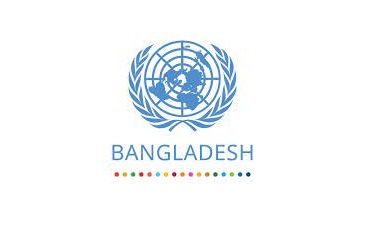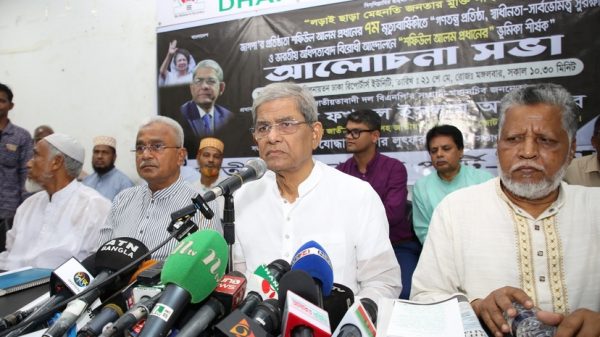Bangladesh has 5th highest number of leprosy cases: WHO

Shawdesh Desk:
The situation of persons affected by leprosy in Bangladesh indicates that the country’s outstanding economic growth was not reaching the entire population, a UN expert said on Wednesday.
She called for draft anti-discrimination laws to formally recognise leprosy, also known as Hansen’s disease, as a prohibited ground of discrimination.
‘Leprosy is hidden beneath multiple layers of systemic exclusion, structural discrimination and institutional neglect,’ UN special rapporteur on the elimination of discrimination against persons affected by leprosy and their family members, Alice Cruz, said in a statement at the end of an eight-day visit to Bangladesh.
Bangladesh has the fifth highest number of leprosy cases in the world, according to the World Health Organisation, with relevant data indicating ongoing transmission, late diagnosis, and gaps in the health system.
‘While I commend the prime minister’s commitment to eliminate leprosy by 2030, I am concerned that the state administration is failing to implement this promise,’ the UN special rapporteur said.
‘Adequate budget allocation with clear targets, indicators and benchmarks is essential to turn the government’s pledges into reality,’ Cruz said.
The UN expert expressed deep concerns about a high potential number of hidden leprosy cases, critically delayed diagnosis, ongoing transmission and disability among children and widespread disease-related discrimination and stigmatisation.
She also highlighted limited access to care for those affected — including rehabilitation, reconstructive surgery, assistive devices and psychosocial support.
Cruz deplored the data gap and limited understanding of leprosy among the relevant authorities.
‘Fundamental principles of the right to development, such as equity, self-determination, participation and justice are not being met,’ the UN special rapporteur said.
‘Persons affected by leprosy and their families are still not enjoying the benefits of economic growth, nor are they seeing discrimination against them duly redressed,’ she said.
The expert expressed concerns about reports on corruption with regard to access to disability-related benefits and other social protection schemes, limited efficiency of oversight institutions and essentially paternalistic approaches to people living in vulnerable situations.
She noted that the government of Bangladesh was committed to actively engaging with the international human rights system to protect the fundamental rights of persons affected by leprosy.
During her visit, Cruz met members of the government, representatives of civil society organisations, healthcare workers, and persons affected by leprosy. She visited healthcare facilities and communities affected by leprosy in Nilphamari and Bogura.
The UN special rapporteur will present her report on the visit to the Human Rights Council in June 2023.























Leave a Reply